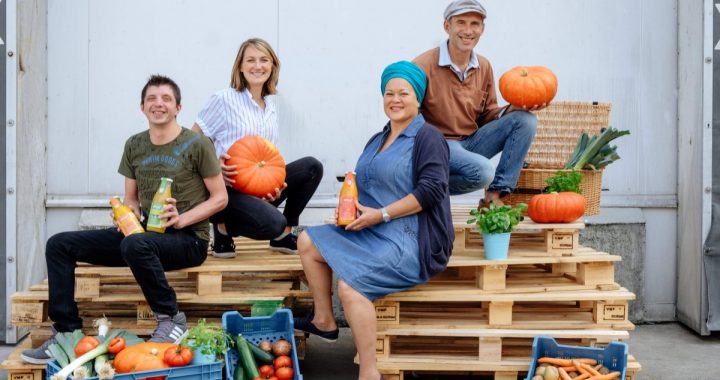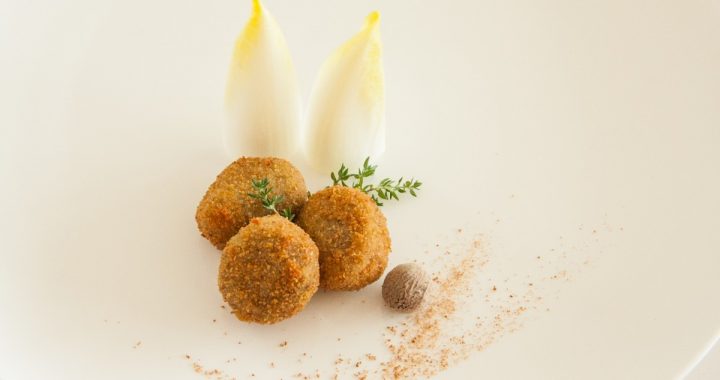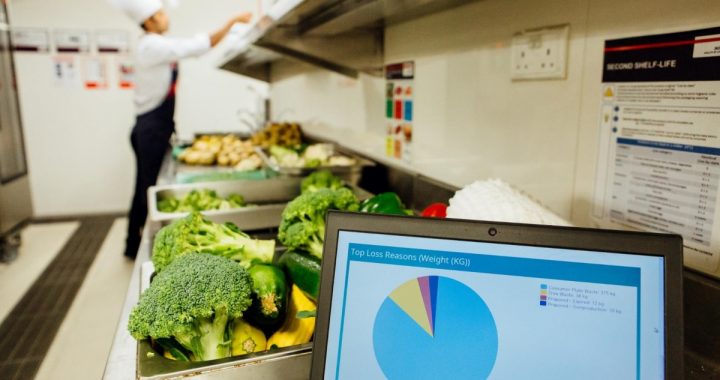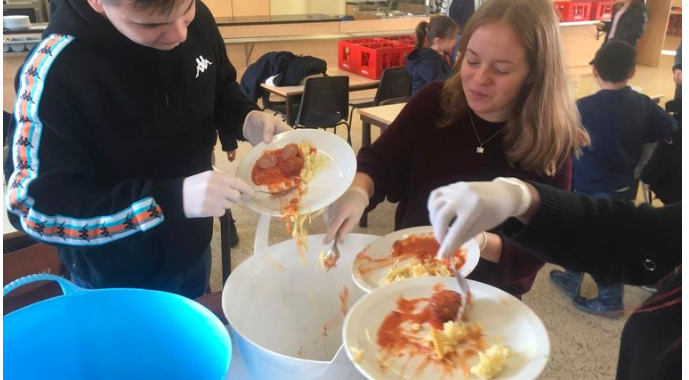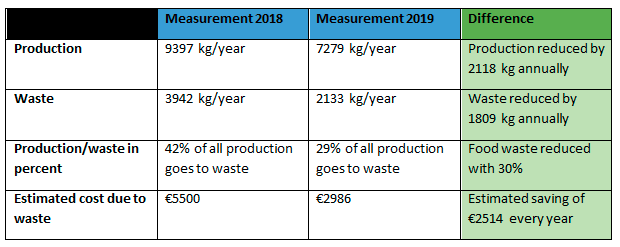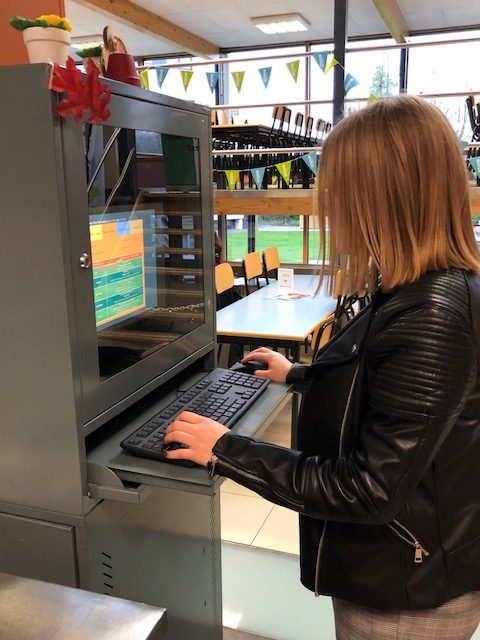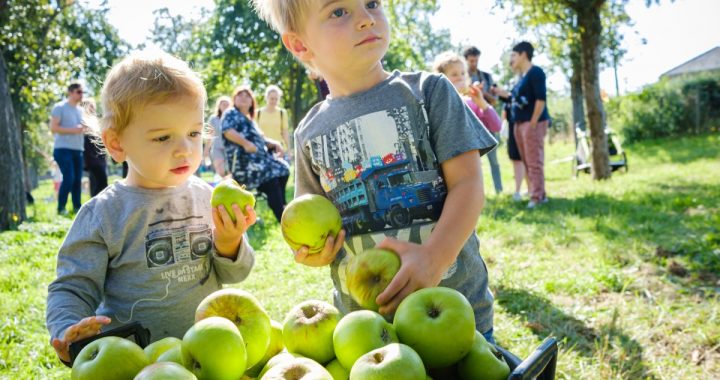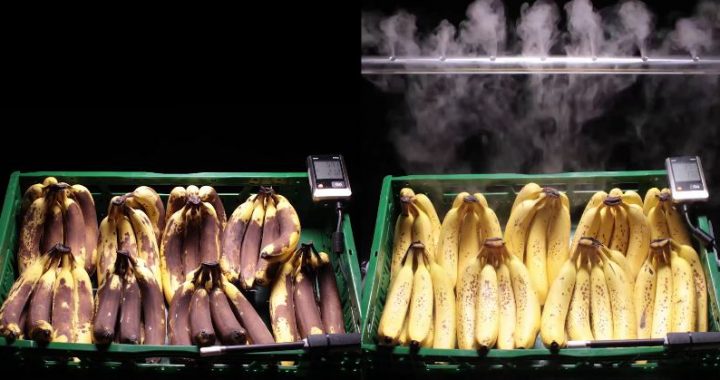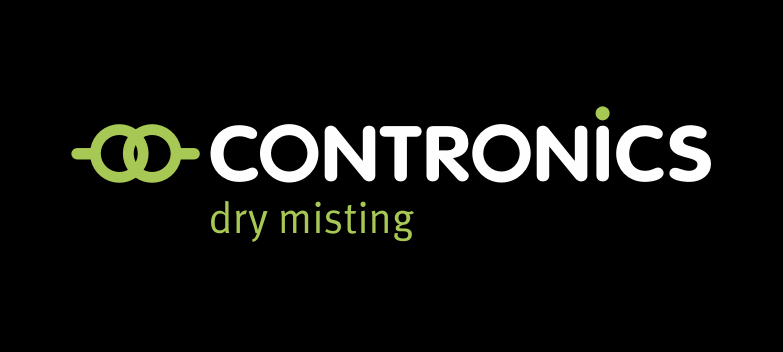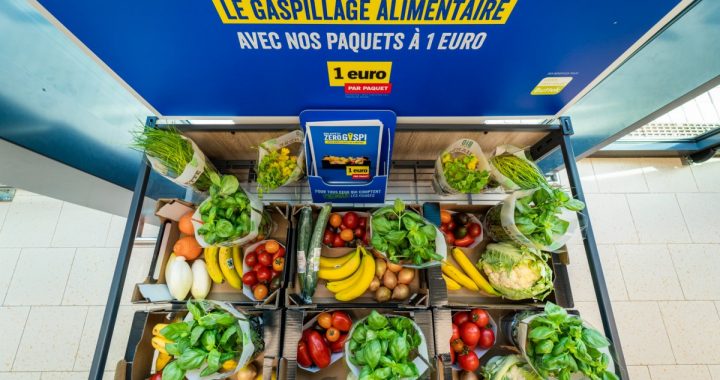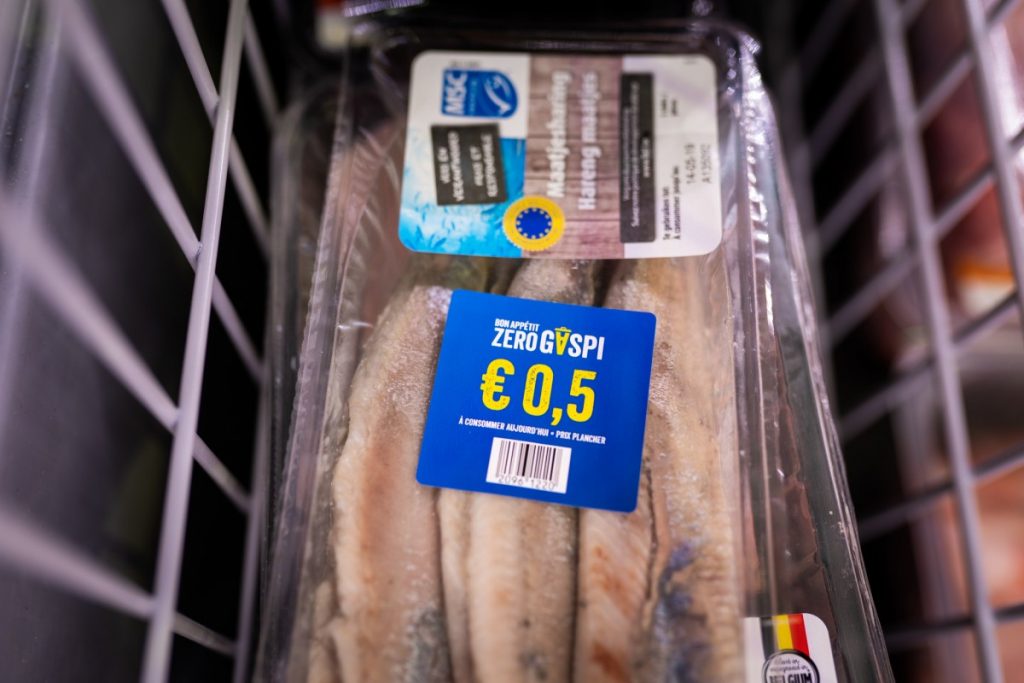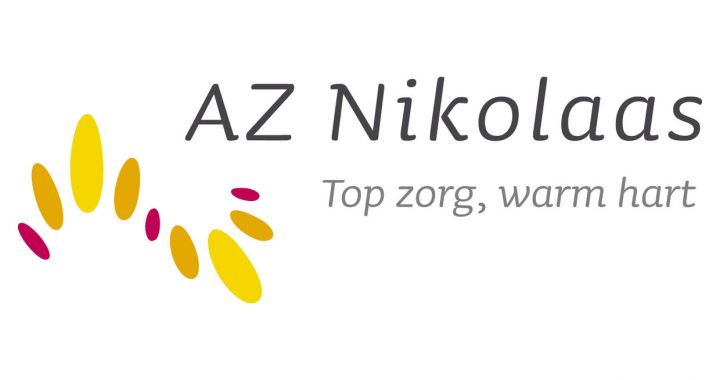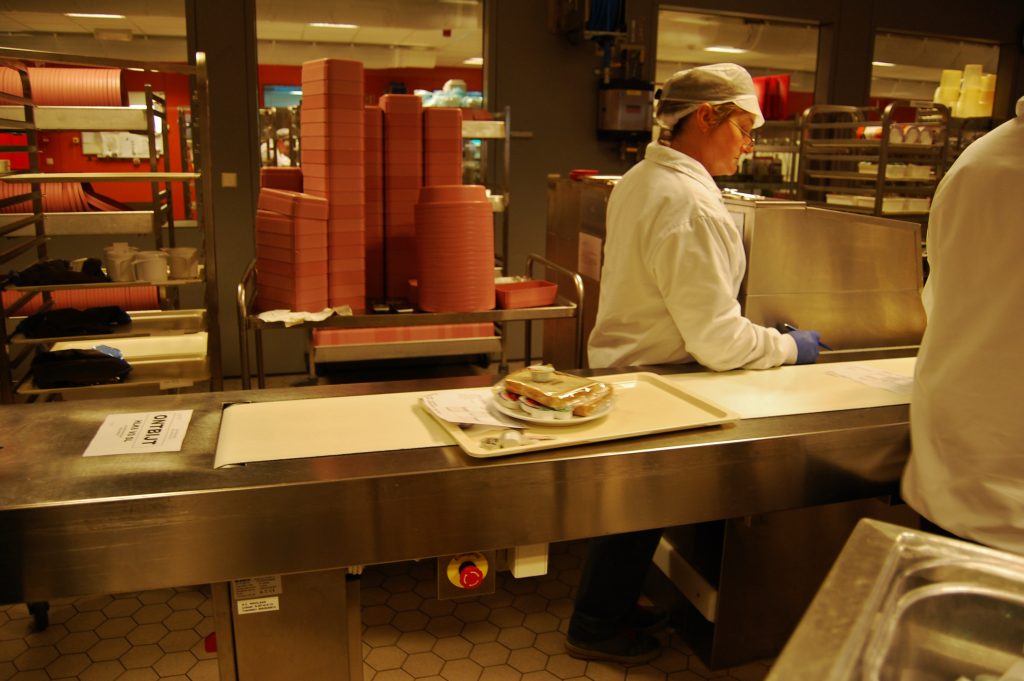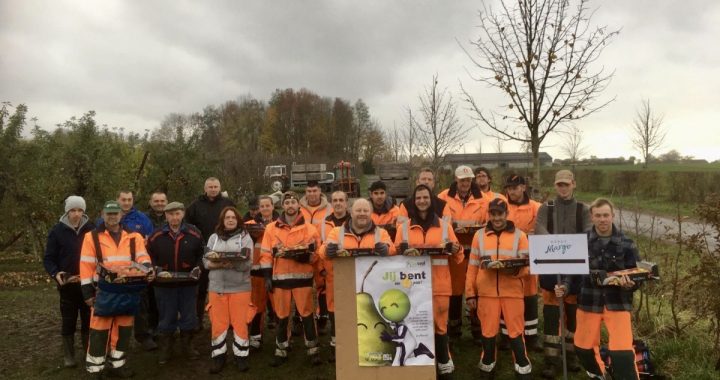
Depot Margo saved over 35 tonnes of local surplus apples while providing social employment in order to create healthy food. This social distribution platform gives people more self-esteem and is a collaboration between RIMO Limburg, Bewel VZW, Voedselbank Limburg, Vincentius Limburg, De Wroeter and BelOrta.
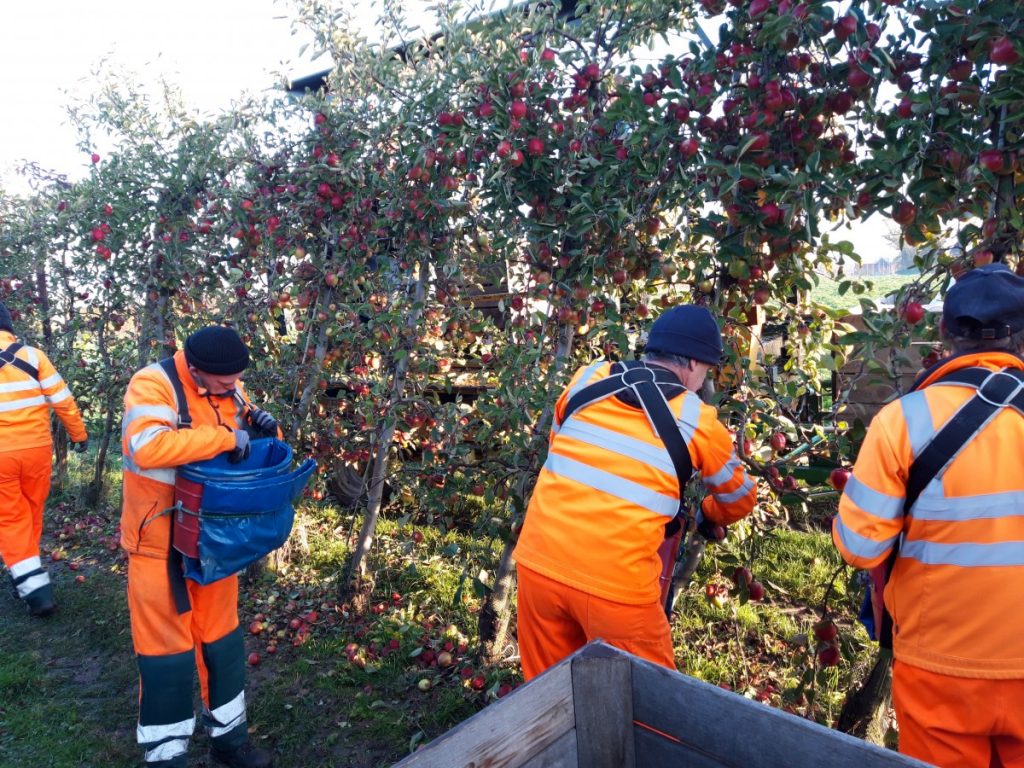
That way, Depot Margo combines the economic effect (valorisation of local produce) with a social objective (poverty alleviation), an ecological gain (preventing surplus, limiting transport), a health effect (healthy fruit) and social employment.
Some impressive results:
- 12 tons distributed to aid organisations
- 23 tons pressed into apple juice
- 14 950 filled bottles
Depot Margo aims for a gradual annual increase: 35 tons now, 80 tons in 2020 and hopefully 120 tons in 2021!
